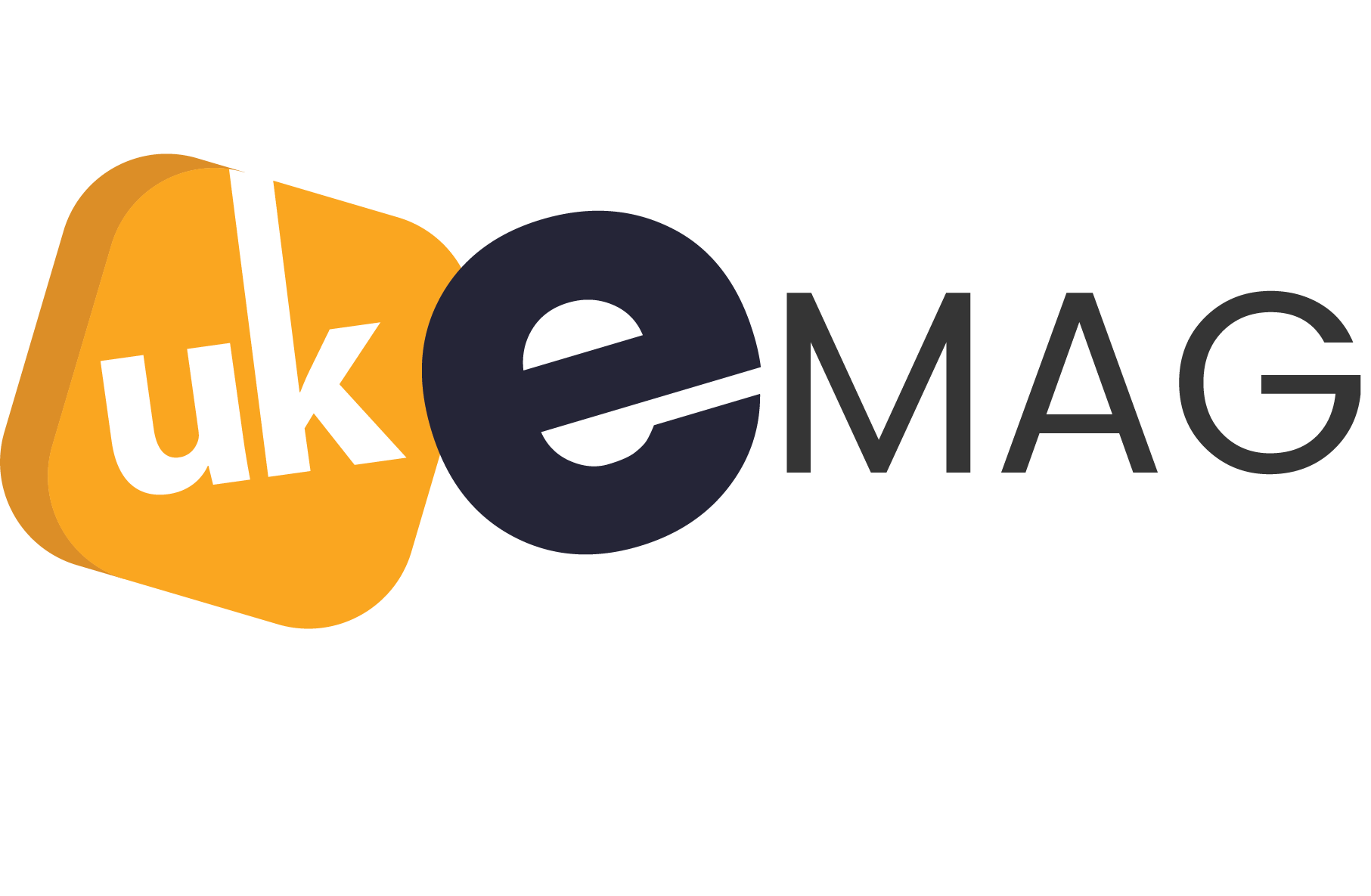If you’ve identified a market to get into with an idea you have and you’ve decided to go ahead with your start-up, firstly you need to know that a very challenging journey lies ahead. I don’t say this to discourage you, along with pointing out the stats which suggest that the odds are stacked against your success, but rather just to drive home just how challenging the journey ahead is all set to be. Secondly, you’ve come to the right place if you’re looking for ways through which to fund your start up, simply because here you’re reading the content of someone who has some practical experience in the financial sector.
So what are your options as far as funding goes?
It perhaps goes without saying that you have to have your story together, no matter which funding route you choose to pursue, so even though we all know by now that something like a business plan will probably dynamically evolve over time, this very important documentation of your plans acts as a standard requirement. This is your blue-print you’re going to use to achieve the ultimate goal of any start-up, which is to reach a stage where it generates profit.
Sure, sure, as a start-up entrepreneur you are on a mission to solve one or more identified problems, but you’re not looking to do so for free, are you? You’re not running a charity and you have to eat first of all, and secondly if you’re going to dedicate the next bit of your life to getting a venture off the ground then you want to enjoy some very juicy fruits of all that labour, don’t you?

Grants
There are a few sources from whence to get a grant to fund your start-up, but it’s not at all easy. Grants are great because essentially you’re being given the capital you need to get your start-up going with no expectation of paying anything back once you start making a profit. Some of the best grants you can get come from the government, such as a Research and Development grant, mostly because in addition to being given money to get your business going, the same government which funded you commits to buying the product or service produced. That’s why governments fund certain start-ups – they identify them as the possible creators of a solution which they need and do not have the expertise to produce themselves.
Business Cash Advance
This finance option can be a quick and flexible way to secure capital for your startup. A business cash advance (BCA), also known as a Merchant Cash Advance (MCA), is not a traditional loan but rather an advance based on your future credit card sales. The lender provides you with a lump sum amount, and in return, you agree to repay the advance, plus a fee, by allowing the lender to collect a percentage of your daily credit card sales. One advantage of a Business Cash Advance is the flexibility in repayment. Since the repayments are tied to your daily sales, they fluctuate with your business’s performance. This can be beneficial during slower periods, as the repayments adjust accordingly. However, it’s essential to carefully review the terms and fees associated with BCAs, as they can be higher compared to traditional loans.
VC funding and angel investments
If you’re in the start-up phase then getting the required capital injection to get the show on the road from a Venture Capitalist firm or an angel investor might be the best way through which to get funded. Newer investment firms such as Anfa and others may even be more amenable to investing in smaller start-ups to help them grow. This type of investment is also beneficial because often VCs and angel investors offer their existing business mentorship expertise along with their investments, as they want you and your business to succeed.
Crowd-funding
Crowd-sourcing the capital you need to fund your start-up is becoming increasingly popular as an alternative to traditional capital-raising routes, with many platforms providing these channels through which you can appeal to the general public to pledge what are essentially donations that will add up to the capital you’ll need to get going. Often just a sample of your product or service will be enough compensation for the crowd-funding contributors, or a mere mention of them as contributors.
Business loan
Coming from the heart of the financial industry, I would probably know exactly what I’m talking about when I say that a business loan is perhaps one of the last places you’d want to look to fund your start-up. Banks don’t take risks so they tend to focus on approving business loans for proven business models, but on the other hand, if your start-up gets approved for a bank loan then it means an entire bank believes it has the potential to succeed. Besides banks, there is an array of other financial institutions that can offer you business funding options. From Line of Credit, business loans, to merchant cash in advance, these firms have you covered with your financial requirements. If interested, why not look here for such similar options?
Bootstrapping
By no means are these sources of getting funding for your start-up listed in any particular order of preference. It all depends on the unique situation your start-up finds itself in, for example if building your product or service won’t require much in the way of capital, you can bootstrap, much like how many tech startups proceed. If you want to fund the business, you may consider selling your personal assets, such as your home, to a company like Crawford Home Buyers (website: https://webuyhousesinatlanta.com/).


